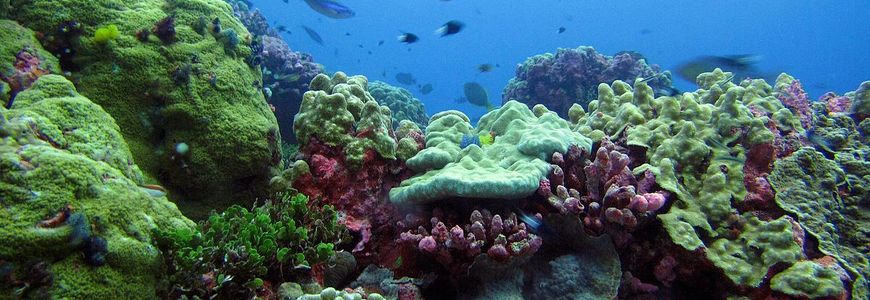The Co-Evolution of Organisms and Their Environments
Contemporary Science Issues and Innovations
March 08, 2016 Belmont Media Center, Belmont MA
Andrew Knoll, Fisher Professor of Natural History and Professor of Earth and Planetary Sciences, Harvard University. The Knoll Lab
Professor Knoll’s research focuses on the interdependence of biological evolution and Earth's geological, atmospheric, oceanic development. He is an international leader in analyzing the developments of the Archean and Proterozoic, which preceded the Cambrian "explosion" of new life forms. Dr. Knoll is also a member of NASA’s Mars Exploration Rover mission, for which he analyzes Martian geological data.
In this discussion, Dr. Knoll explains how the evolution of all life on Earth involves the evolution of our planet's geology, oceans and atmosphere as well. What changes in one sphere leads to changes in another. He is one of the world's leaders in this "convergence" approach to evolution. Here, he describes how he studies these relationships and what the interconnections imply.

Professor Knoll is a member of the National Academy of Sciences, the American Academy of Arts and Sciences, the American Philosophical Society, and the American Academy of Microbiology. His book for general readers, Life on a Young Planet: The First Three Billion Years of Evolution on Earth, (2003), won the 2003 Phi Beta Kapa Book Award in Science.
Dr. Knoll's many awards include:
- both the Walcott Medal and the Mary Clark Thompson Medal of the National Academy of Sciences
- the Phi Beta Kappa Book Award in Science (for his 2003 book Life on a Young Planet)
- the Moore Medal of the Society for Sedimentary Geology
- the Paleontological Society Medal
- the Wollaston Medal of the Geological Society of London.

